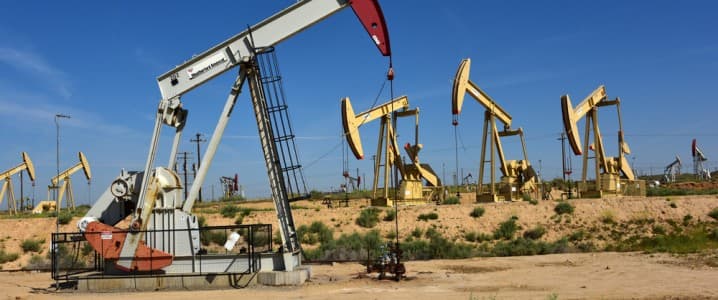Africa’s Oil Nations Make Progress in Creating $5-Billion Energy Bank

The oil-producing nations in Africa have raised 45% of the initial $5-billion seed capital for the planned Africa Energy Bank (AEB), which is set to fund oil projects on the continent amid a crunch in financing on the international markets.
The early financial supporters of the Africa Energy Bank include major oil producers Nigeria, Angola, and Ghana, according to Omar Farouk Ibrahim, Secretary General of the African Petroleum Producers Organization (APPO).
“I believe we are the first development bank to progress from conceptualization to near fruition in just over two years,” Ibrahim said on the sidelines of the Angola Oil & Gas conference, as carried by Bloomberg.
APPO and African Export-Import Bank (Afreximbank) in 2022 signed the initial agreements about the establishment of the Africa Energy Bank.
The new bank has been structured as an independent and supranational pan-African energy development bank with an initial capital of $5 billion.
In June this year, Afreximbank and APPO signed the Establishment Agreement and the Charter of the Africa Energy Bank at a ceremony in Egypt. The signing ceremony concluded two years of negotiations and preparations by the two parties to establish the AEB.
The African oil producers decided to create AEB “to address the impending funding crisis in the African oil and gas industry, triggered by the global energy transition.”
“Traditional financiers, on whom Africa has relied for decades, are withdrawing support, particularly in Africa, citing climate change concerns as the primary reason,” Afreximbank said in a statement in June.
APPO’s secretary general Ibrahim commented, “For too long Africa’s oil and gas industry has been dependent on extra-African funding. We came to take foreign financing of our oil and gas projects for granted, until the advent of energy transition made us realize that those on whom we have depended for many decades have decided to abandon us.”
Africa can’t afford to swiftly shift away from fossil fuels when it has the largest share of the population living without access to energy, Ibrahim noted.




